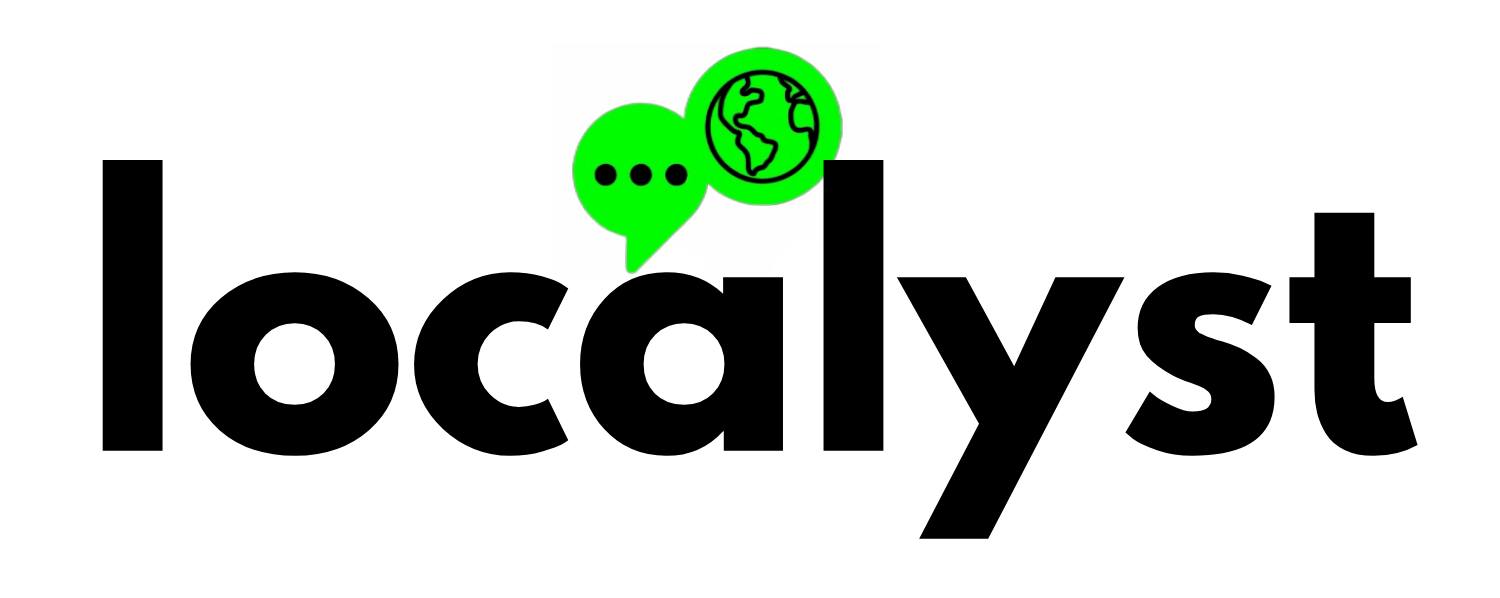The Heartland Institute, a think tank that has long been a purveyor of climate misinformation, is still trying to discredit established climate science. Earlier this month, the organization sent copies of its book “Climate at a Glance” to 8,000 middle and high school teachers across the country, claiming it includes data that demonstrates that Earth is not facing a climate emergency.
The organization’s last big mail-out was in 2017, when it sent out 350,000 copies of “Why Scientists Disagree About Global Warming.” While only a few picked up the information taught from it, a number of educators used the materials in their curriculum to enlighten students about propaganda tactics.
According to Glenn Branch, deputy director of the non-profit National Center for Science Education, which supports and defends accurate science education, the fact that this year’s campaign is so drastically cut back from the mailout from 2017 could be an indicator that these kinds of campaigns are being recognized as ineffective.
The book is 80 pages long, framed with polished and authoritative language, and contains 30 climate-related themes that are frequently covered in science classes. Many of the sections acknowledge modest planetary warming but assert that it is either good for species and ecosystems or doesn’t really have the impacts on extreme weather events that climate scientists say it does. “They typically give a straightforward observation or statistic that’s not in dispute and add some commentary that’s wildly exaggerated or a completely false interpretation,” said Branch.
Before its reputation for blatant science denial began to hurt business, the Heartland Institute collected hundreds of thousands of dollars from fossil fuel corporations and billionaires like the Koch brothers.
The last of the big oil companies mostly gave up on funding extreme climate denial groups like Heartland around 2007, said Robert Brulle, a visiting professor of sociology at Brown University who has researched the public relations strategies of the fossil fuel industry. Direct connections may prove difficult to track because Heartland no longer discloses the names of its major backers, and climate misinformation has historically been funded and disseminated through a network of front organizations.
The Heartland Institute’s arguments might inadvertently benefit the fossil fuel sector. According to the “radical flank effect” theory in social science, a position that is seen as extreme can be made to appear more moderate by a position that is even more extreme.
While teachers today are unlikely to fall for Heartland’s claims, the organization’s messaging could still have an impact on those who haven’t been equipped to understand climate science well enough to spot how misleading the textbook’s message is. A survey from 2015 found that about 57 percent of high school and middle school science educators have not formally studied climate change. As more states add climate change to their science standards, Branch hopes to see more states follow in the footsteps of Washington, California, Maine, and New Jersey in appropriating funds for teacher professional development on the issue, which would equip them with the tools to identify misinformation.




